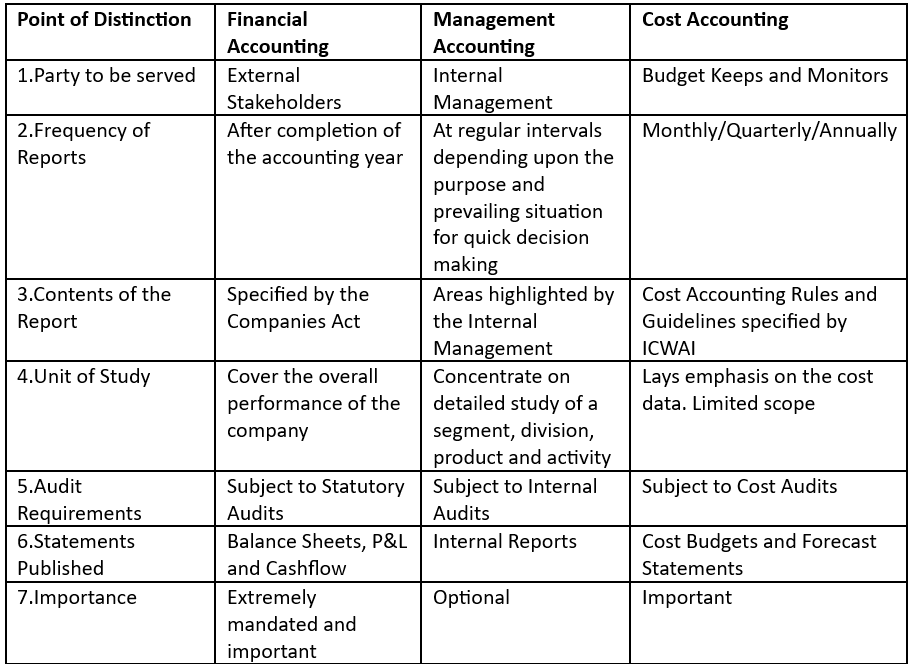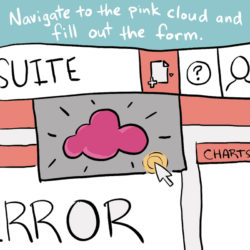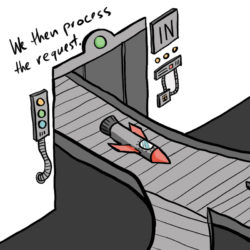Accounting is a formal means of gathering and collecting data; to aid and co-ordinate collective decisions towards the overall goals or objectives of the organization.
This term of accounting can further be bifurcated into the various reporting structures in the organizations, presenting relevant information to these sections of the company.
This relevance broadly divides Accounting into 3 major sections – Management Accounting, Financial Accounting, and Cost Accounting.
Each of these being equally important but having different significance at the organizational level.

While all the 3 types of accounting play a vital role, it is the ERP which builds in functions and formulas to get accurate results of the same.
PREVIOUS POST — Simple Guide to NetSuite Grid Order Management
Oracle NetSuite has overcome this challenge and has all the 3 varieties of accounts extraction in NetSuite as follows;
Financial Accounting:
- NetSuite has their inbuilt Balance Sheets, Income Statement and Cash Flow which shows an accounting trail of the inbuilt financial accounts in their accounting hierarchy. These can be further filtered to include specific location and can be altered to project for a particular classification.
- Follows Double Entries System to capture the correct debits and credits which land up correct accounting effects to the assigned subsidiaries in the Journal Entries
- Follows Auto-Balancing in Journal Entries. Thus, NetSuite does not save Journals which do not have equal debits to credits.
- Has its Chart of Accounts with a Parent-Child Relationship and having number sequencing to group accounts under one Header.
Management Accounting in Oracle NetSuite:
- NetSuite includes Statistical Accounts which do not impact Financial Reporting of the company. These accounts help the management to keep a tract on non-financial aspects of the organization. Eg- Emp Head Count
- NetSuite also has a list of custom Saved Searches used to derive information across organization in whatsoever categories and filters required giving search results. We can further restrict these results to a specific group of people to adhere security and authenticity of information.
- NetSuite has a special feature of dashboard customizations and publishing dashboards with custom KPIs, trend graphs and portlets which can show important organizational information at a go without pulling reports for the same. Eg. Weekly Sales analysis
These dashboards again can be published for employees with a particular role and can be made secured.
Cost Accounting:
- NetSuite has a Budgeting feature which can be utilized to gain an insight on the expenditures briefly. Further these budgeted expenses can be divided into the various months as per the accounting year which further gives a clear sight on the monthly budget cap.
- Various Cost Accounting Reports can be generated and can be classified based on segments, division, class and department to understand the Budgeted v/s Actual spends in the year.
- There are various Features to enable Cost Accounting in the system and the same can be achieved for Item Pricing and Other Accounting Expenses
- NetSuite also provides for Bundles providing the Cost Analysis and further helping in SOX reporting of the organization. Thus, NetSuite covers all the 3 levels of accounting with great precision providing people of every level a benefitting user-experience in using this ERP system.










